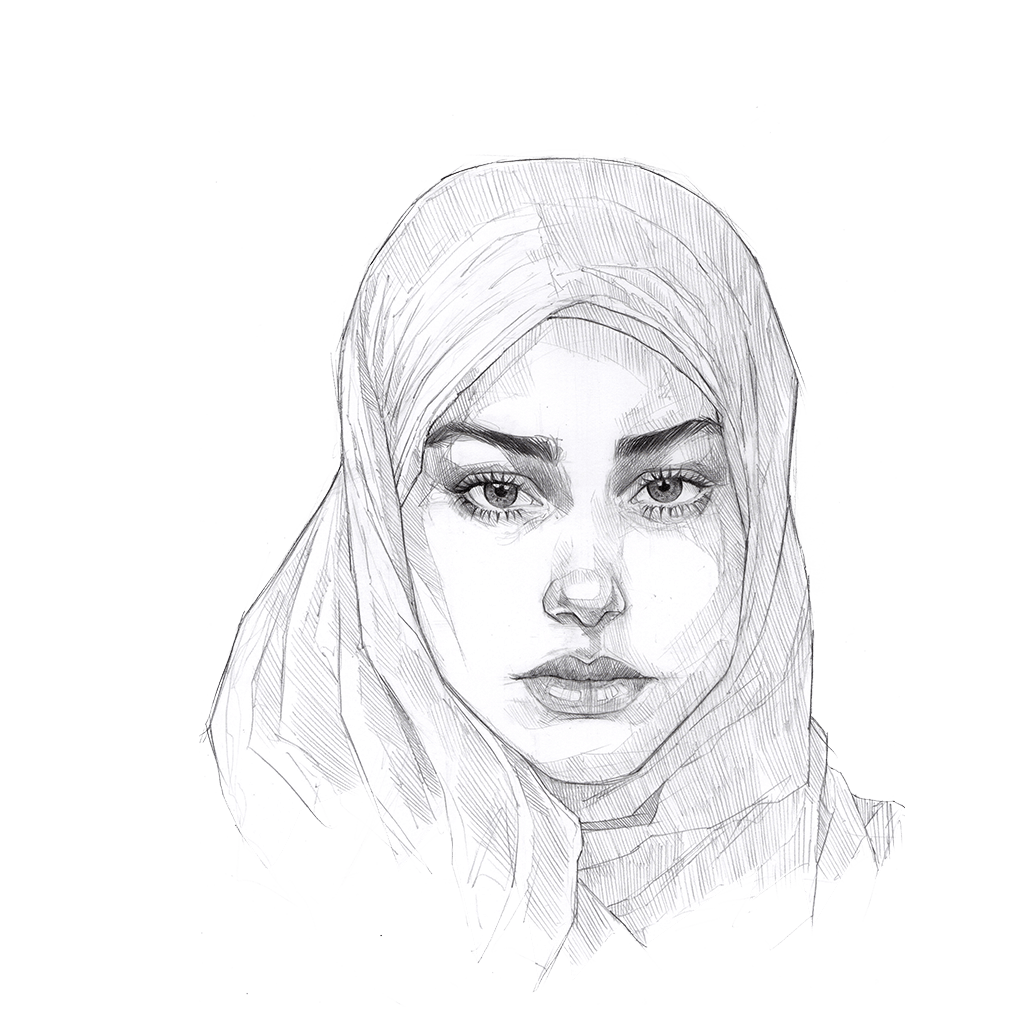It’s like you had sex outside marriage
Personally, I think if my parents were to read the policy, they would value it a lot. But at the same time, if it actually happened to their daughter or their son, or whomever it may be, obviously it’s a hurtful thing in general, but they would not only think about the hurt that occurred during the sexual assault but, "oh my god" this taboo of like, I don't know, because certain religions say that you should stay a virgin, for example, like, just keeping it real that you should stay a virgin. But if something were to happen, it would be a big deal and it’s not only about the hurt and what happened, but it’s like you had sex outside of marriage and a lot of people would blame you on what you’re wearing, what you were doing, why were you out at night, certain things like that and a lot of people wouldn’t be understanding about these things I think if they see it initially, they’ll be like, "oh, that’s a really good policy," but if it happened to their daughter or their son, depending on the family, some of them wouldn’t be understanding and they would blame it on the victim.
Recommendations
-
Consider how a student's identities might affect their expectations and concerns when accessing supports following a sexual assault, or when involved in a sexual assault investigation.
-
Ensure all sexual violence prevention and response education and training opportunities actively deconstruct victim-blaming, rape myths and gender norms. Ensure these sessions take an intersectional approach to understanding sexual violence and supporting victim/survivors.

